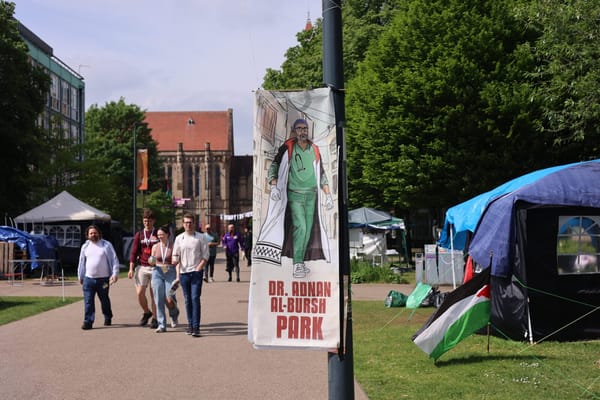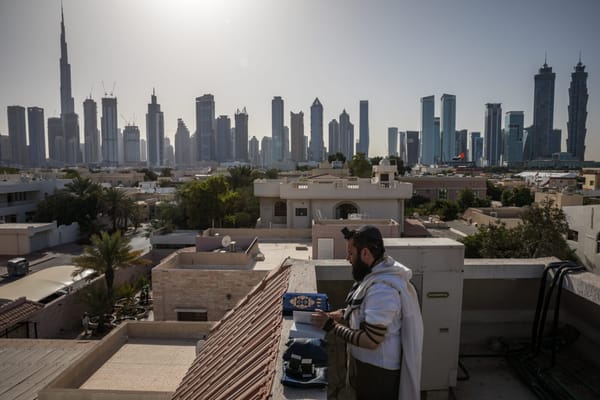Toward a World Literature?
The Prix Goncourt, always the biggest literary event of the year in France, became even more so in 1987, when the venerable Goncourt Academy named Moroccan writer Tahar Ben Jelloun as its eightieth laureate. In French literary circles, reaction to the selection of Ben Jelloun’s novel, La Nuit saerde









